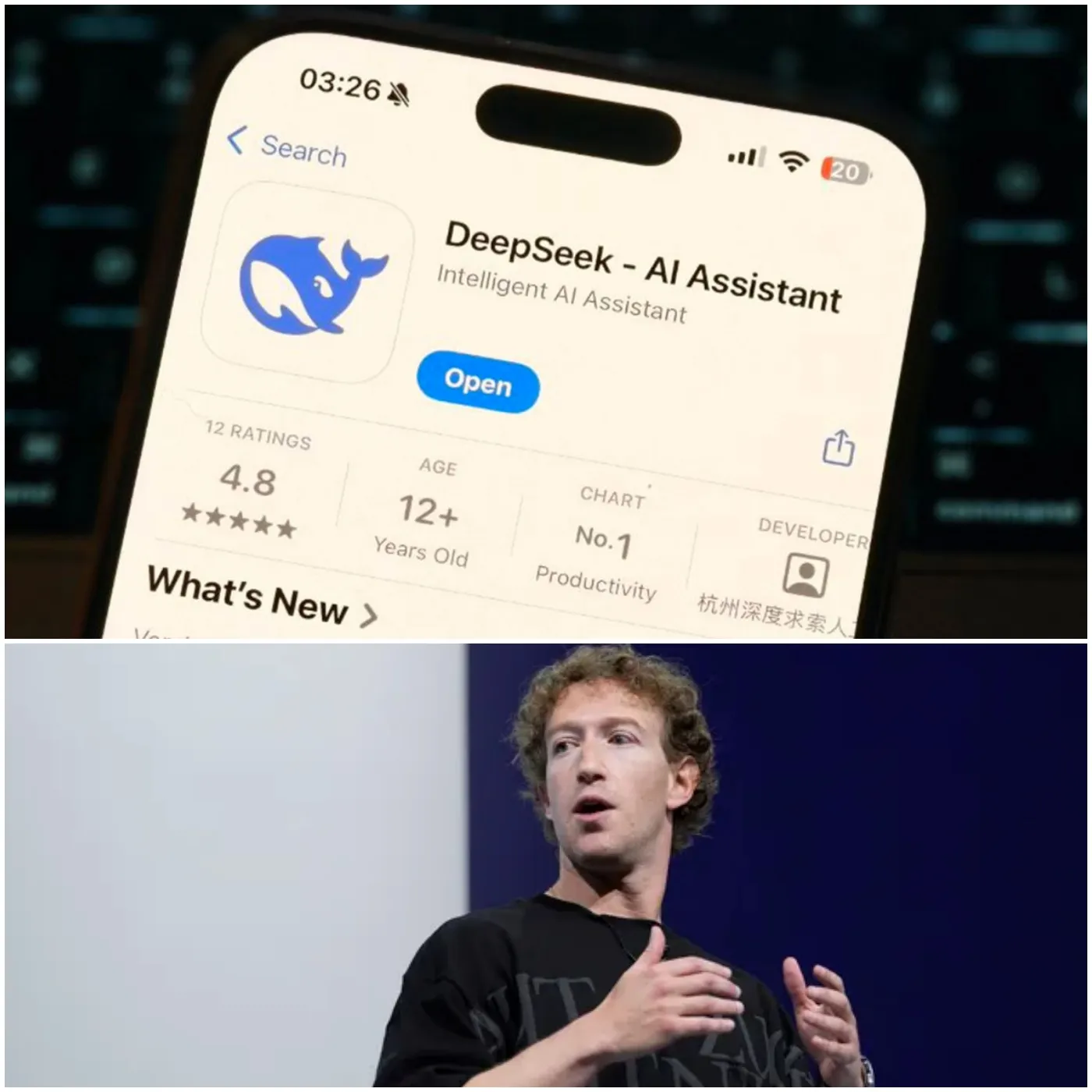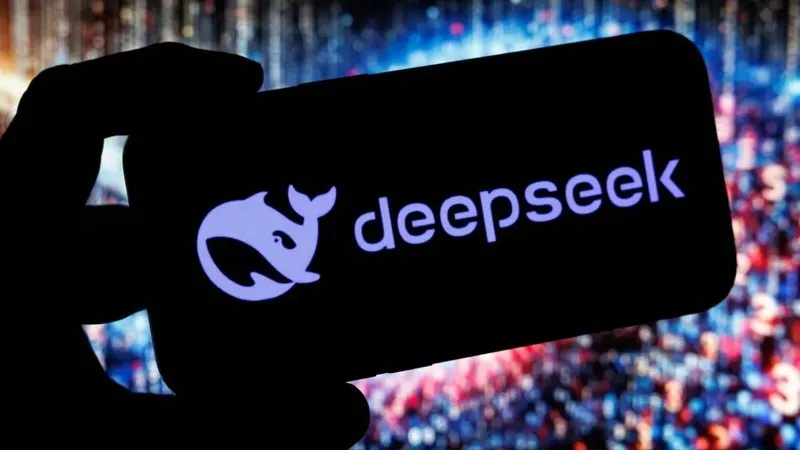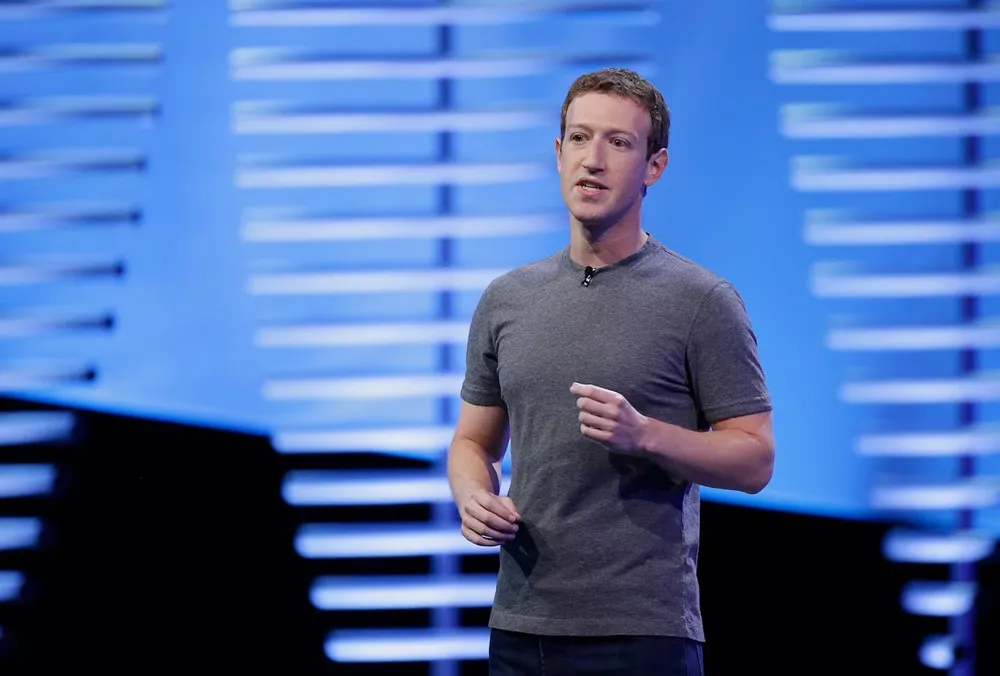

Zuckerberg: DeepSeek Won’t Stop Meta from Spending Billions on AI
Meta CEO Mark Zuckerberg is staying the course with his ambitious AI strategy, committing to invest hundreds of billions of dollars into AI infrastructure despite recent market disruptions caused by a Chinese startup. On January 27, 2025, DeepSeek introduced a cost-efficient AI model, triggering a panic sell-off in the U.S. stock market. Investors worried that this new model could undercut the demand for high-performance GPUs, leading Nvidia’s stock to plunge nearly 20%, wiping out $600 billion in market value.
Despite the chaos, Meta remains unfazed. On January 29, Zuckerberg reaffirmed Meta’s plan to invest over $60 billion in AI infrastructure this year, focusing on expanding data centers and enhancing computational power. This is just the beginning, as Meta plans to spend “hundreds of billions of dollars” on AI over the coming years to maintain its competitive edge.
Zuckerberg’s strategy reflects a long-term vision where AI is not just a tool for Meta’s products but a transformative force for entire industries. By building robust AI infrastructure, Meta aims to reduce its reliance on external suppliers like Nvidia and establish greater control over costs and innovation.
While many tech companies may scale back their AI investments in response to DeepSeek’s breakthrough, Meta is taking a contrarian approach. The company views this disruption as an opportunity to lead rather than follow, betting that sustained investment will yield significant rewards in the long run.
As 2025 progresses, the tech world will closely watch whether Meta’s bold AI investments will strengthen its market position or expose it to new risks amid a rapidly evolving landscape.

Zuckerberg: Heavy AI Spending is a Strategic Advantage
During Meta’s recent earnings call, CEO Mark Zuckerberg addressed growing concerns over DeepSeek’s breakthrough in AI technology, which has rattled the tech market. Despite the Chinese startup’s launch of a cost-efficient AI model that sent shockwaves through the industry, Zuckerberg made it clear that Meta’s aggressive AI investment plans remain on track.
When questioned about DeepSeek’s potential impact, Zuckerberg acknowledged the company’s advancements but maintained a steady stance. “Spending heavily on AI infrastructure is a strategic advantage for us,” he stated. The CEO emphasized that Meta’s long-term vision goes beyond reacting to market fluctuations, focusing instead on building a robust and scalable AI ecosystem to support its billions of global users.
While DeepSeek’s model has garnered attention for its promise of reducing the need for expensive GPUs, Zuckerberg suggested that it is too soon to gauge its true market impact. He pointed out that technology breakthroughs often take time to prove their scalability and reliability on a global scale. In contrast, Meta’s strategy involves not only investing in AI research but also enhancing its own data centers and computational resources to remain at the forefront of innovation.
By holding firm to its strategic investments, Meta aims to ensure it can meet growing demands in AI-driven products and services. The company’s focus on infrastructure and internal capabilities could also provide a buffer against potential disruptions caused by emerging competitors like DeepSeek.
Zuckerberg’s confident outlook signals that Meta is prepared to navigate the uncertainties ahead, reinforcing its ambition to lead in the evolving AI landscape.

Llama 4: Meta’s Answer to AI Competition
Meta is gearing up to make a big impact in the artificial intelligence arena with its upcoming AI model, Llama 4. The tech giant aims to position Llama 4 as one of the most advanced and competitive models globally, challenging even proprietary models like OpenAI’s ChatGPT.
The rapid rise of generative AI has sparked an intense battle among major players like Meta, Microsoft, and Google. These companies understand that controlling cutting-edge computing resources is crucial to developing powerful AI technologies. Meta’s ambitious push with Llama 4 is part of this broader race to secure a leading position in the industry.
In January 2025, OpenAI, Oracle, and SoftBank announced the Stargate AI megaproject—a $500 billion investment aimed at ensuring long-term AI dominance. However, the emergence of DeepSeek’s cost-efficient AI model has cast doubt on whether such massive investments are necessary. By demonstrating that advanced AI can be developed without exorbitant spending, DeepSeek is challenging the status quo, forcing industry giants to rethink their strategies.
As Meta continues to invest heavily in AI infrastructure and talent, the success of Llama 4 could play a crucial role in maintaining its competitive edge in this rapidly evolving market.

DeepSeek’s Ambitious AI Model: Game-Changer or Just Hype?
Founded in May 2023 by Liang Wenfeng, DeepSeek is a rising AI startup headquartered in Hangzhou, Zhejiang, with backing from investment firm High-Flyer. Unlike many Chinese AI startups focused on commercial success, DeepSeek has a different mission: to “unravel the mystery of AGI through curiosity.” This ambitious vision sets it apart, positioning the company as a potential disruptor in the global AI race.
DeepSeek is not chasing quick profits or traditional funding rounds. Instead, it is investing heavily in fundamental research, aiming for breakthroughs in AI architecture and algorithm development. Its lab-based approach is reminiscent of early AI research hubs, emphasizing innovation over commercialization. This strategy has sparked curiosity within the tech community, with some experts praising the capabilities of DeepSeek’s AI models. However, skepticism persists, particularly regarding the company’s claims about significant cost reductions in AI deployment.
Meta’s Open-Source Strategy Gains Validation
Amid DeepSeek’s emergence, Meta CEO Mark Zuckerberg is keeping a close eye on the competition. Rather than viewing DeepSeek as a threat, Zuckerberg sees its advancements as an opportunity to validate Meta’s strategy. The tech giant’s decision to open-source its Llama AI models appears to be paying off, aligning with the growing trend toward transparency and collaborative development in the AI sector.
Zuckerberg commented on DeepSeek’s approach, saying, “Their progress highlights why open-sourcing AI models is the right path forward. There will be a global open-source standard, and I think it’s important for our national interest that it be a U.S. standard.” His remarks reflect Meta’s broader vision of shaping international AI standards, with an emphasis on U.S. leadership.
As DeepSeek continues to innovate, the global AI landscape could see a shift in dynamics, with established tech leaders like Meta and emerging disruptors like DeepSeek both pushing boundaries. Whether DeepSeek’s promises will materialize or fade as hype, the company’s impact on the industry is already being felt, prompting tech giants to adapt and evolve their strategies.

Meta’s Financial Strength Fuels AI Ambitions
Meta’s strong financial performance in late 2024 has given the company the confidence to double down on its AI investment strategy.
– Revenue: $48.4 billion (up 21% year-over-year)
– Net income: $20.8 billion
With deep financial reserves and a clear long-term AI vision, Meta is positioning itself to stay ahead in the AI race, regardless of DeepSeek’s emergence.
Final Thoughts
DeepSeek’s disruptive AI technology may have sent shockwaves through the tech industry, but it hasn’t deterred Meta’s billion-dollar AI ambitions.
As AI innovation accelerates, the battle between open-source models, proprietary AI systems, and cost-efficient alternatives is only just beginning. With Meta, OpenAI, and DeepSeek all pushing boundaries, the AI landscape in 2025 is set to be more competitive than ever.


















